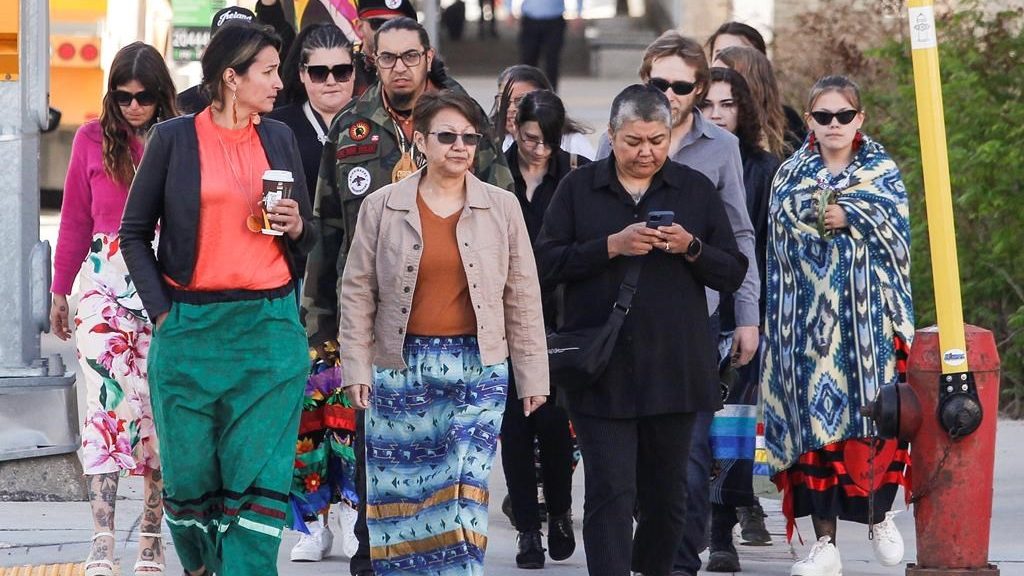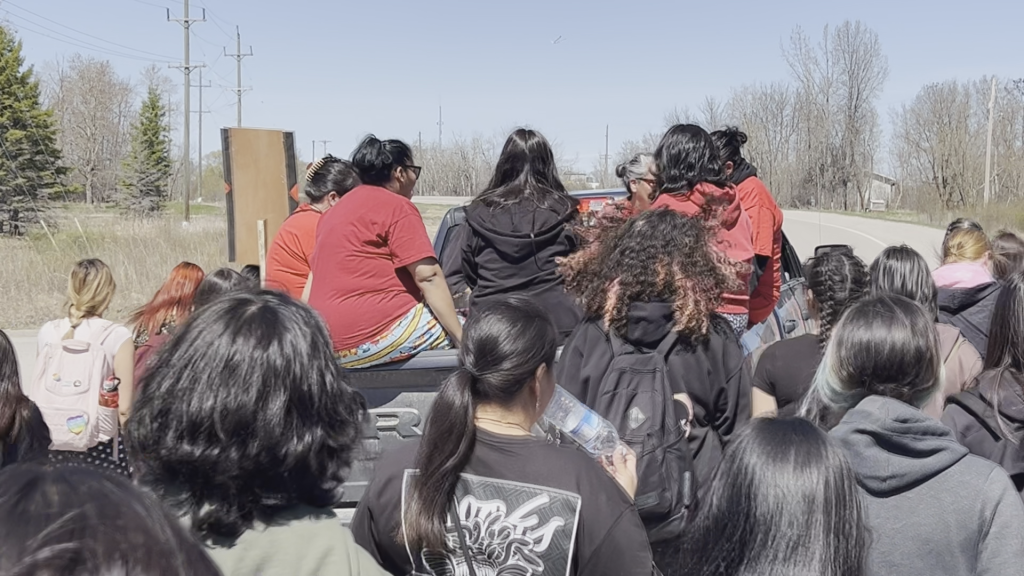Manitoba commits funding for additional child care
Posted July 20, 2023 5:18 pm.
Last Updated July 22, 2023 8:50 am.
Funding has been committed to bring more child care spaces to public and post-secondary schools. But without the mention of more staff in the announcement for those spaces, will the investment translate into more care for Manitoba’s children.
Conor Hoehn and his partner welcomed a newborn in April and already they have been looking for childcare spots for when their child turns one.
“One of the centres told us that they have a lot of staff turnover so even with the subsidies they receive from the government, they are not able to hold onto their staff,” explained Hoehn.
“We’ve heard from everybody to get on lists ASAP. We’ve begun getting on lists from ever centre nearby that we could find. We have not gotten any sort of guess as to whether or not we’ll have a spot when my partner’s maternity leave ends.”
Hoehn says the wait list for a spot has been variable—with the shortest time given was a year and the longest time being “probably never.”
To combat this backlog the Manitoba and federal governments announcing a joint $180 million investment to create 3,700 new licensed infant, pre-school, and school-age spaces at public and post-secondary institutions over the next three years.
“Increasing access to affordable childcare requires increasing the number of licensed childcare spaces so more families can access high quality affordable, flexible and inclusive early learning and child care,” said Karina Gould.
The funding will see 2,400 spaces in 36 public schools while 680 child-care expansion projects in six post-secondary schools for children under seven.
“With these additional spaces families who have older children attending a local school or who are currently enrolled in training to enter the workforce at one our post-secondary institutions will have more options to support their childcare needs,” explained Wayne Ewasko.
Of the new spaces, 555 will be created in 24 public schools for children aged seven to 12, while the Universite de Saint-Boniface will see 60 spaces for school-aged children.
Even though the funding is seen as a step in the right direction, advocates are wondering how the province plans on keeping up with staffing as it creates new childcare spaces.
“We need more quite frankly. A recent report from the Canadian Centre for Policy Alternatives said an average Manitoban needs to be making $25.90 an hour to afford a two-bedroom apartment. The starting salary for the current wage grid for an entry-level ECE IS $20.73 an hour. It’s not enough we need more. Our market competitive salary guideline scale has a target of $26.76 per hour, far more competitive, far more in line of what Manitoba needs to be thriving in our province,” said Jodie Kehl, executive director of Manitoba Child Care Association.
Minister Ewasko says work is underway to beef up the number of staff in Manitoba to accommodate new childcare spaces.
“We made a commitment and working with our federal partners as well to boost some wages.”
For Hoehn and his partner, if they are not able to find a space for their newborn by next April, they may be facing some tough decisions ahead.
“One option is my partner taking unpaid leave. Beyond that we don’t have parents in the city so we don’t have that secondary support network that some people might have with grandparents. The other option is turning to unlicensed day homes, which seems a little sketchy, but might have to.”








